What is the ECR subcommittee of the SFRR-Europe up to? The new kid on the block
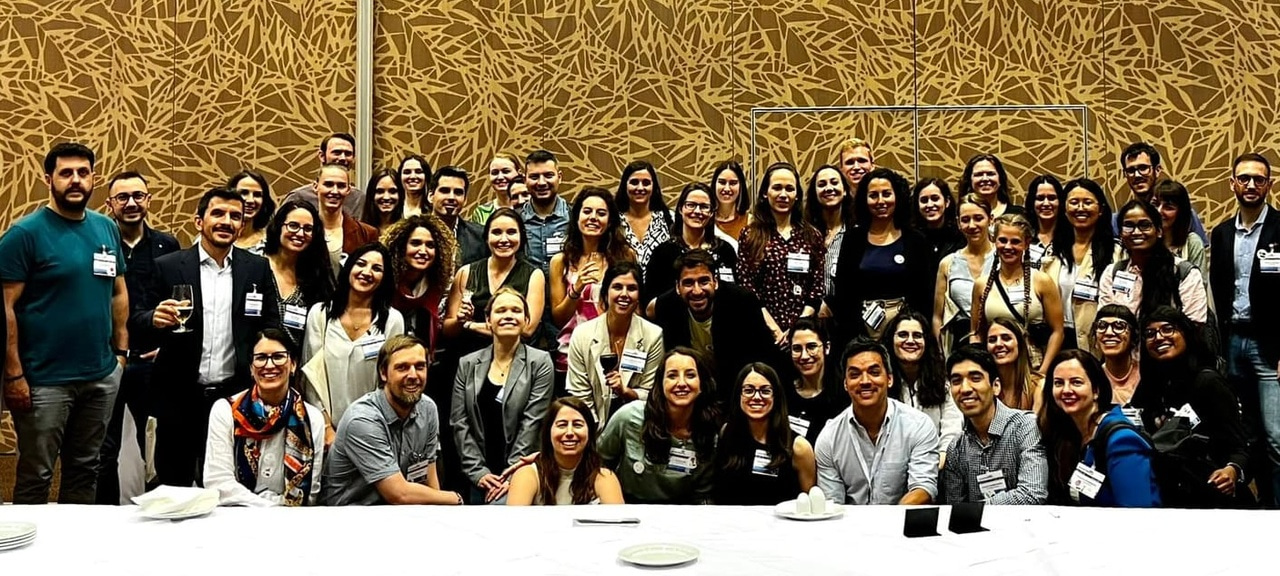
The Early Career Researcher (ECR) subcommittee of the Society for Free Radical Research - Europe (SFRR-Europe) was founded in January 2022 with great help from Daniela Caporossi (past president of the SFRR-Europe) and Dolores Pérez-Sala. The activities and ideas were all setup from scratch by the founding members Carmen Veith (chair 2022–2024), Andjelika Kalezic (co-chair 2022–2023), Paraskevi Kritsiligkou (co-chair 2023–2024, chair 2024–2025), Carlos Henriquez Olguín, Valeria Scalcon, Cristina Mas-Bargues and Eduardo Fuentes-Lemus.
The main priority of the ECR subcommittee is to promote and support the work of Early Career Researchers in the field of redox biology.
To promote the work of ECRs, we have set up the “Emerging Leaders in Redox Biology” Webinar Series. This is a monthly webinar, where ECRs can share their recent work with the broader redox biology community. This initiative has proven to be an attractive platform for result/work dissemination for the community, with a great number of attendees. We are currently on the third series and information about upcoming webinars can be found on our website, as well as shared on Instagram, Linkedin, Bluesky, and X. The webinars are taking place every first Tuesday of the month at 15:00 CET.
To showcase specifically the work of PhD students, we also introduced the mini symposium “Redox Relay Race: PhD students on the move” where PhD students can present and discuss their work. Each student gets the opportunity to showcase their research in five minutes and answer questions. This event ran successfully in 2023 and 2024, and we are planning to run it again in 2025.
To further support ECRs through training and network opportunities, we have established two different mentoring programmes:
The first initiative we set up is a more traditional ECR mentoring programme. It connects ECRs with established scientists, where on a 1:1 basis they can build a meaningful relationship to discuss career progression, grant writing, work-life (im)balance, and how to gain support in the jungle of career opportunities. With a scheduled Mentoring Lunch at the annual SFRR-Europe meeting, we offer a face to face meeting of mentor and mentee, with the possibility to also connect with others mentors and mentees, building a strong alumni network.
Our newest addition to the mentoring schemes is the ECR editorial mentoring programme. This programme will start in January 2025 and will run for one year. This programme offers ECRs the opportunity to increase their engagement with scientific publishing and gain experience in editorial board work as well as manuscript handling. Selected participants will be paired with one of the Editorial Board members of one of SFRR-Europe's official journals (i.e., Free Radical Biology and Medicine, Redox Biochemistry and Chemistry, and Redox Biology). They will receive 1:1 training and mentoring to learn how to assess the suitability of a manuscript for consideration in the journal, to identify potential reviewers, and how to assess reviewer comments. We hope that the selected participants will benefit from this great experience and we expect to run this program again in 2026.
The ECR subcommittee is dedicated to ensuring that the SFRR-Europe annual conferences provide a unique space for ECRs to maximize their conference experience. Therefore, the ECR subcommittee does not only just attend the meeting, but we also are actively involved with the yearly conference programme setup.
Every year we host the ECR-only networking event, which is a wonderful opportunity for young members in the field to connect with their peers or catch up with people. We always make sure that people work in groups through fun activities. This is important especially for people attending the meeting by themselves, as it ensures that they don't feel alone after that!
By organising the Meet-the-professor session, we provide an environment to facilitate interactions between ECR and senior members of our community. This is extremely valuable both for junior and senior members promoting networking and ensuring sustained engagement and collaboration within our community.
During the last conference in Istanbul in 2024, we had the opportunity to organize two engaging Sunrise Round Tables. The first one focused on diverse career paths, featuring experts from academia (Antonio Cuadrado, Giuseppe Valacchi and Kasia Whysall) and industry (Mike Lu, Sven Terclavers and Carmen Veith). The second one discussed different types of ROS measurements with insights from leading experts (Michael Davies, Clare Hawkins, Giovanni Mann, Jan Riemer and Hadley D. Sikes), highlighting pros and cons of current methods, in a novel fishbowl set up (introduced by our very own Timoteo Marchini), which added a dynamic and interactive element to the discussion.
Additionally, our submitted ECR symposium proposal got accepted. With only ECRs as chairs, and only ECRs as speakers, we were able to have a unique platform to communicate and showcase the amazing capabilities of ECRs. The symposium was focused on "H2O2 on the Move: from Sub-cellular Redox Signals to Therapeutic Potential". Presentations were focused on how NADPH oxidase enzymes (NOX) can be utilised to design covalent inhibitors, the role of NOX4 in the liver tumour microenvironment, the importance of H2O2 compartmentalisation for muscle function, and the challenges and opportunities in translating NOX modulators for bench to bedside.
Currently, the ECR subcommittee is lead by Paraskevi Kritsiligkou and Vanesa Cepas and consists of the following committees: Social Media (Cristina Mas-Bargues, Nikos Margaritelis, Konstantinos Papanikolaou, Vanesa Cepas), Webinar (Jose Ugalde, Veronica Miguel, Mari Carmen Castell), Conference Organisation (Veronica Lisi, Timo Marchini, Ufuk Ersoy, Carmen Veith) and Mentoring (Eduardo Fuentes-Lemus, Paraskevi Kritsiligkou and Carmen Veith).
Are you interested in staying up-to-date with our activities?
Check out our website ECR Committee (sfrr-europe.org) and follow us on social media! Or subscribe to our monthly newsletter: a collection can be found here ECR Blog (sfrr-europe.org).
If you are also interested in joining us, please get in touch! Any questions? Email us on [email protected]
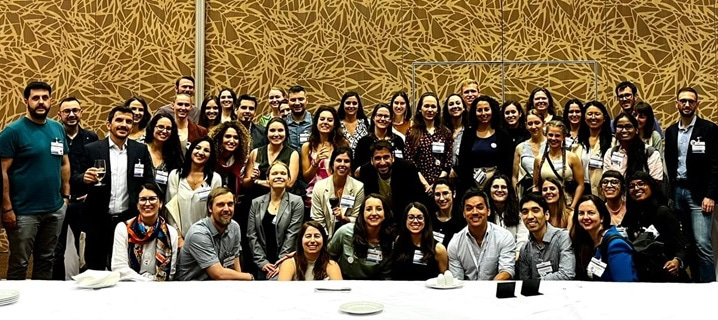
Images by the SFRR-E ECR subcommittee.

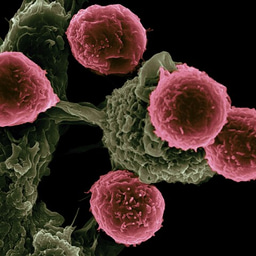
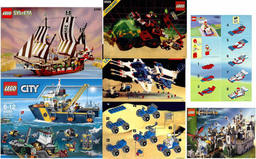
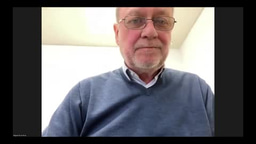
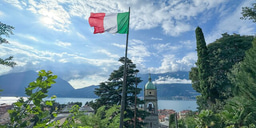
Join the FEBS Network today
Joining the FEBS Network’s molecular life sciences community enables you to access special content on the site, present your profile, 'follow' contributors, 'comment' on and 'like' content, post your own content, and set up a tailored email digest for updates.